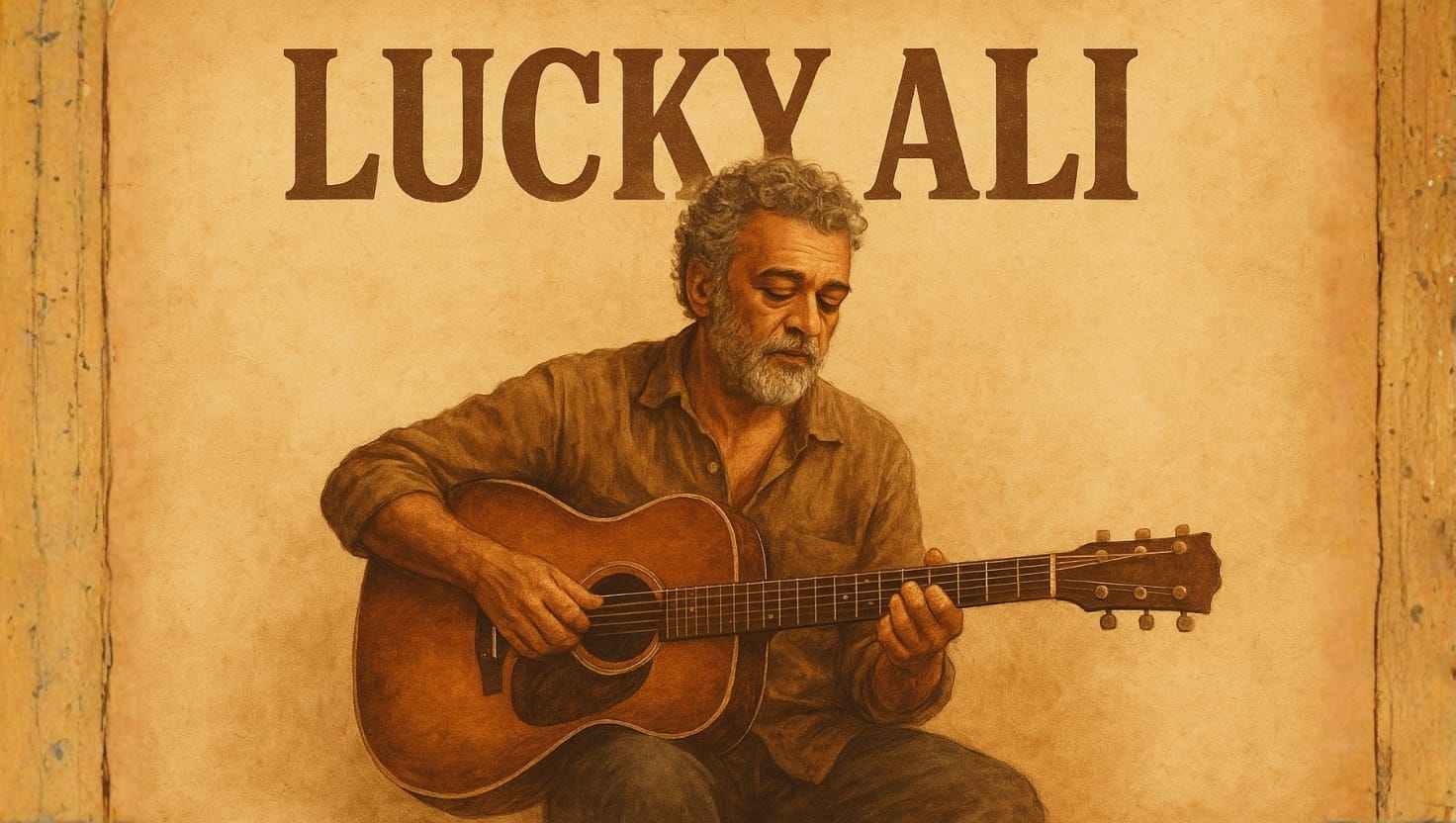Have you ever noticed how a favorite song can transform your day? Whether it’s the soothing strum of a guitar, a powerful beat drop, or lyrics that hit you just right, music has a magical way of changing how we feel almost instantly. It’s more than just sound—music is an emotional catalyst, a companion in both joy and sorrow, and a tool to recalibrate your mental state.
Let’s explore how music works its wonders and why it’s your go-to mood booster when life feels overwhelming.
The Science Behind the Sound
Music isn’t just pleasant noise—your brain reacts to it in fascinating ways. When you listen to music, your brain releases dopamine, the “feel-good” chemical associated with pleasure and reward. This is the same chemical that gets released when you eat chocolate, exercise, or fall in love. So yes, that playlist you love might just be the most fun therapy session you’ll ever have.
Neuroscientists have found that different kinds of music activate different parts of the brain. Upbeat tunes can stimulate the prefrontal cortex, which is associated with decision-making and emotional expression. Calmer music, on the other hand, can reduce cortisol, the hormone linked to stress.
A Mood for Every Melody
Different genres or even different instruments can impact your emotions uniquely:
- Pop or dance music can energize and uplift, perfect for workouts or turning a bad day around.
- Classical music helps soothe nerves and increase focus—great for study or work.
- Jazz or blues offer a mellow, thoughtful tone that can be comforting during emotional lows.
- Rock or hip-hop can be empowering, often giving listeners a sense of strength and identity.
What’s important is how the music feels to you. The same song that lifts one person up might bring nostalgia or sadness to another. That personal connection is what makes music such a powerful emotional tool.
Music as a Form of Therapy
Music therapy is a growing field that uses the power of rhythm and melody to improve mental health. Certified therapists use music to help patients express emotions, reduce anxiety, and even recover from trauma. It’s especially effective for individuals dealing with depression, PTSD, or chronic stress.
And you don’t need a therapist to get started. Simply creating your own “feel-good playlist” can help rewire your mindset. When you’re feeling down, hit play and let the rhythm guide you out of the gloom.
It’s More Than Just Listening
You don’t have to be a musician to benefit from the therapeutic effects of creating music. Singing in the shower, humming while you cook, or drumming your fingers to a beat—all these simple acts stimulate parts of the brain linked to emotion and memory. Playing an instrument or writing your own lyrics can be even more cathartic, offering an outlet for emotions you may struggle to express otherwise.
Move with the Music
Another incredible way music lifts your spirits is by encouraging movement. Ever noticed how you start tapping your feet when a catchy beat plays? That’s your body responding naturally to rhythm. Dancing—even if it’s just around your living room—can release endorphins, reduce tension, and elevate your mood in minutes.
Music and movement go hand in hand when it comes to enhancing emotional wellbeing. So the next time you’re stressed, turn up the volume and let your body move freely.
Real-Life Mood Boosting Moments
Think back to the last time music changed your day.
Maybe it was an empowering anthem that got you through a breakup. A nostalgic tune that reminded you of your childhood. A calming instrumental that helped you sleep. Or perhaps a shared song that turned a quiet road trip into a memory you still smile about.
Music is deeply tied to our experiences and becomes the soundtrack of our lives. Replaying those songs can reconnect you to emotions, memories, and even personal growth.
Make Music Your Daily Ritual
Here are some simple ways to incorporate more music into your life:
- Start your day with a feel-good song instead of checking your phone.
- Use calming music during meditation or while falling asleep.
- Make a playlist for specific moods—happy, relaxed, focused, or nostalgic.
- Try karaoke or learn an instrument, even just for fun.
- Share music with friends. Swap playlists or recommend tracks—it creates connection and joy.
Final Note
In a world that’s often noisy with stress and negativity, music is a sanctuary—a place you can retreat to anytime, anywhere. It’s immediate, effective, and wonderfully personal.
So the next time you feel your spirits sagging, don’t underestimate the power of a melody. Put on your headphones, turn up the volume, and let music do what it does best—heal, uplift, and transform.
Because sometimes, the best therapy comes with a beat.





